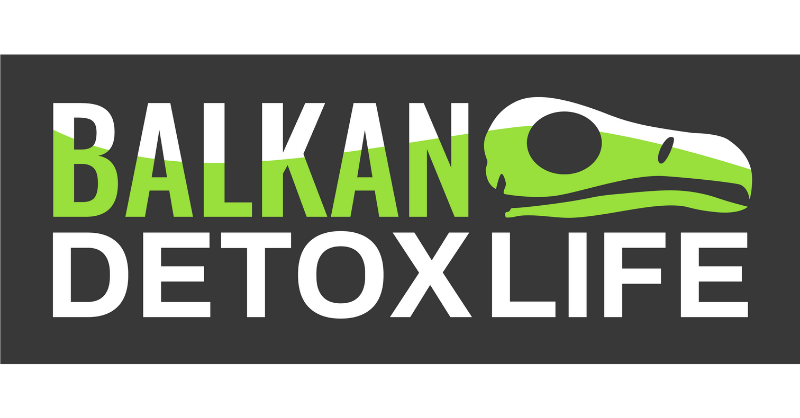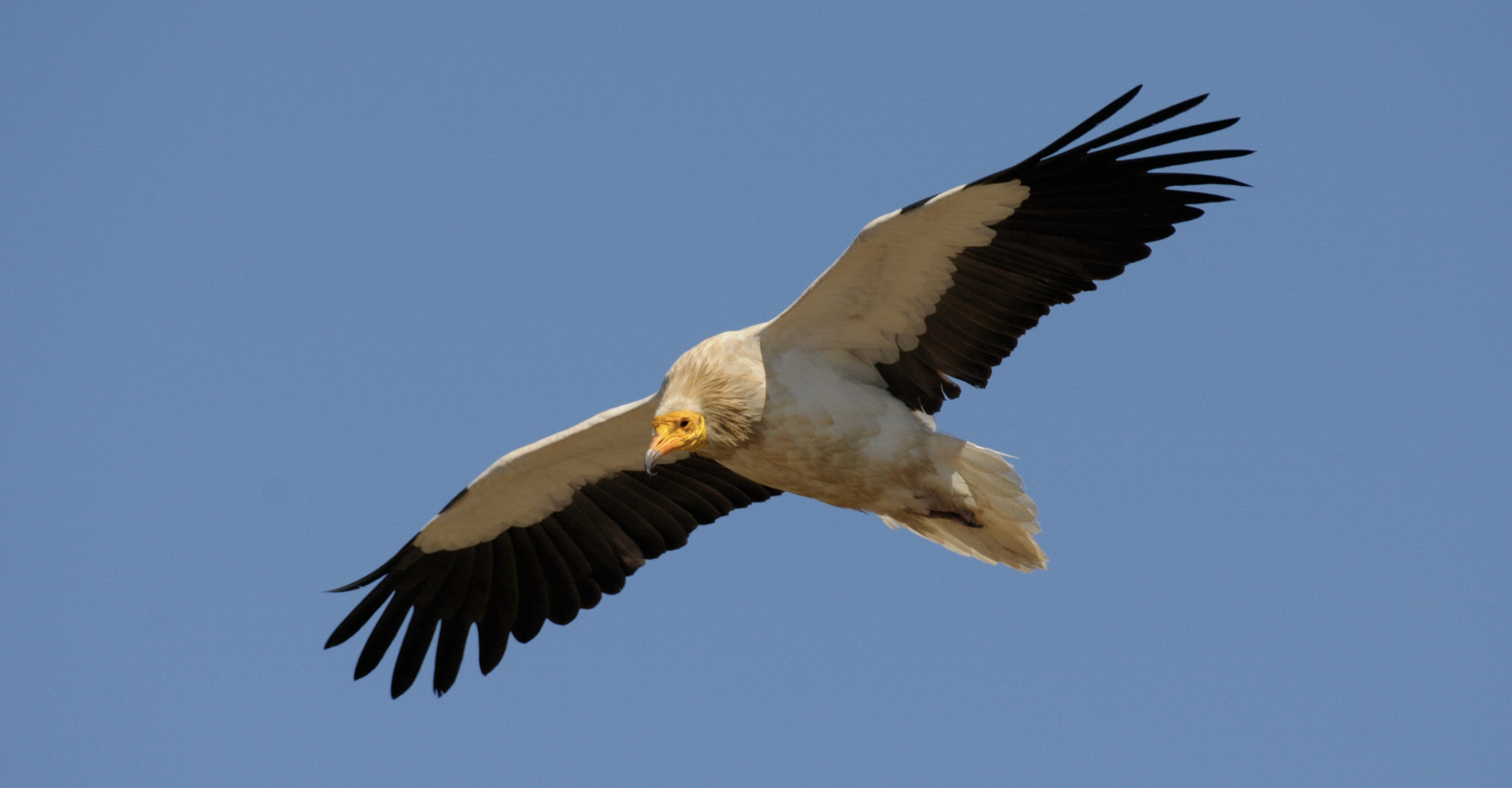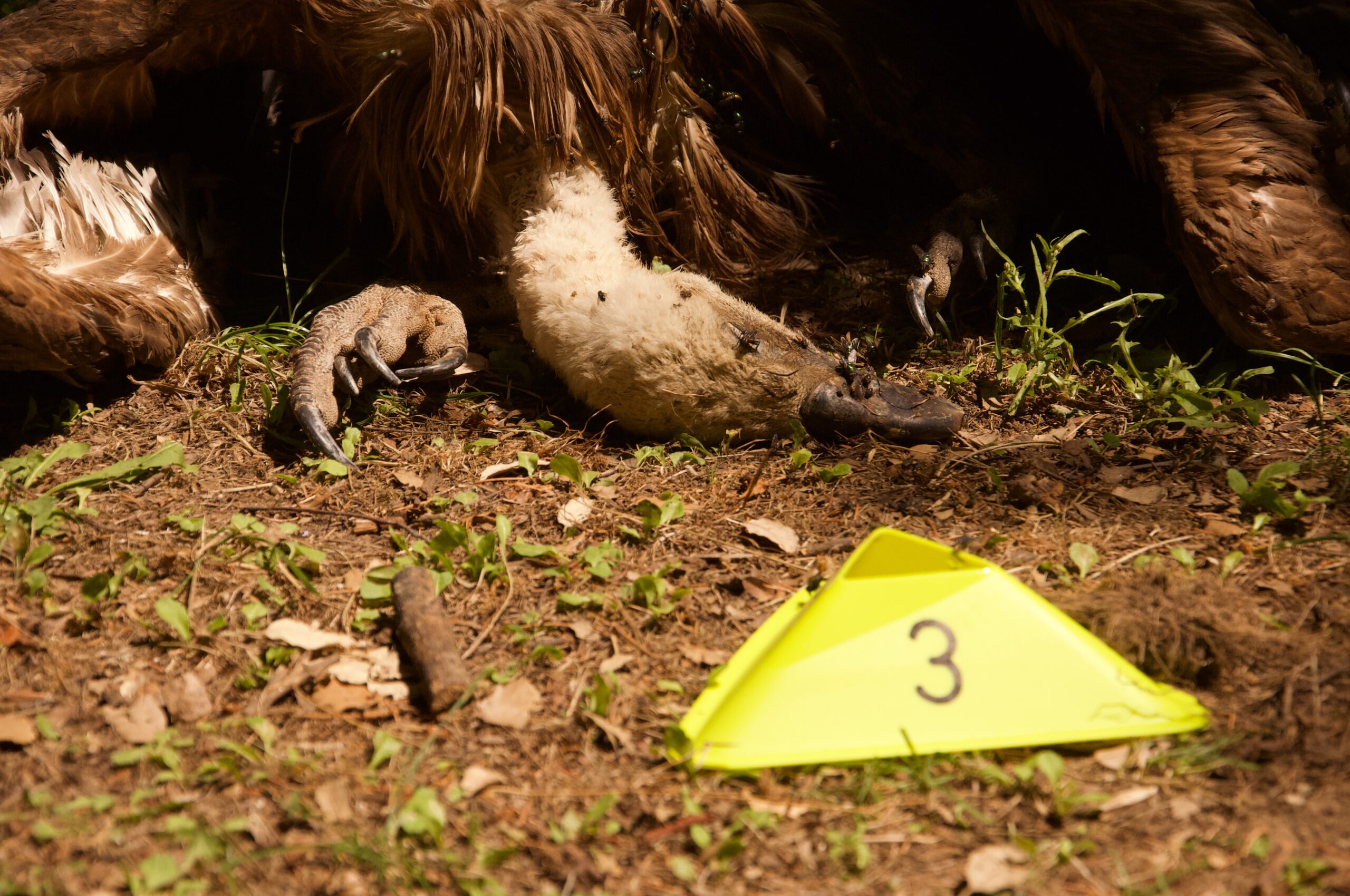
Wildlife poisoning in Albania is an open secret and a widespread phenomenon throughout the country, mainly in rural and livestock areas where the conflict between humans and wildlife is more present. However, the information that Albanians have about this phenomenon is scarce.
Survey on the information & perception of wildlife poisoning in Albania
During August, the Albanian Ornithological Society (AOS), as part of the BalkanDetox LIFE project, conducted a survey on the information and perception that the inhabitants of some rural areas have about the poisoning of wild animals. The survey took place in some villages in the region of Gjirokastra, which have been designated as hotspot areas for poisoning due to confirmed cases of wildlife poisoning and the presence of one of the most endangered species, the Egyptian Vulture. The target groups of this survey were shepherds, farmers, hunters, as well as other representatives from these communities.
What do the respondents think about wildlife poisoning?
Preliminary results of the survey show that the inhabitants of rural areas are aware of illegal practices such as poisoning, but they are not very informed about its devastating consequences on wildlife. In general, respondents do not agree with this practice, however, not everyone would report a poisoning incident – some because they do not know where to report it and others because they do not want to create conflicts with neighbours or other people from their community.
Wildlife poisoning and the Egyptian Vulture
One of the most threatened species from the illegal use of poison baits is the Egyptian Vulture (Neophron percnopterus), the only breeding vulture in Albania. Currently, there are only five pairs of this species in the country. As a scavenger, the Egyptian Vulture can fall victim to indirect poisoning. However, many of the respondents were not aware of this fact. For example, they didn’t know that the placement of poison baits in nature could affect other species besides the target species.

© AOS 
© AOS
Informative-educational meetings in Radat and Sofratika
Last week, AOS held some informative-educational meetings in Radat and Sofratika to inform and raise awareness in the communities where conflict between humans and wildlife is more prevalent and where the use of poison baits can be fatal for some species such as the Egyptian Vulture. Meanwhile, informative materials (leaflets and booklets) about the phenomenon of wildlife poisoning and the Egyptian Vulture were distributed in Zhulat and Asim Zenel.
Topics of discussion for the meetings were:
- Wildlife poisoning – its scale, root causes, and consequences on wildlife;
- Egyptian Vulture – the current situation of the EV population in Albania, which are the potential threats for this species, and how the use of poison baits affects its population;
- The legal framework that prohibits the use of poison baits and poisonous substances against wildlife and Law on the compensation of damage caused by wildlife to livestock or crops;
- Reasons why we should report poisoning incidents and where we should report them;
- Alternative methods for the protection of livestock and agricultural crops from wildlife.
These meetings took place within the framework of two projects, the BalkanDetox LIFE project and the Egyptian Vulture New LIFE project, and proved how important it is to inform the communities in rural areas, not only to prevent the use of poison baits against wildlife but also to “empower” these communities to claim their right to compensation for damage caused by wildlife to livestock and agricultural crops, in accordance with the applicable law. This law has not been enforced so far by the relevant authorities and, moreover, the stakeholders are not informed about it. Therefore, conducting these meetings in rural areas and informing the local communities is an important step to combat wildlife poisoning in the country.
Special thanks
Special thanks go to RAPA Gjirokastër for the support and the assistance provided in organizing the informative-educational meetings.
The BalkanDetox LIFE project

The ‘BalkanDetox LIFE‘ project aims to strengthen national capacities to fight wildlife poisoning and raise awareness about the problem in Balkan countries. It is a five-year endeavour with a €1.8 million budget, which aims to raise awareness and strengthen national capacities to fight the problem of wildlife poisoning across Albania, Bosnia & Herzegovina, Bulgaria, Croatia, Greece, the Republic of North Macedonia and Serbia. It received funding from the EU’s LIFE Programme, and it is co-financed by the Vulture Conservation Foundation, the MAVA Foundation and Euronatur, as well as by the Whitley Fund for Nature and Environmental Protection and Energy Efficiency Fund for specific actions. Project partners are the Vulture Conservation Foundation as the coordinating beneficiary, and the Albanian Ornithological Society, Association BIOM, Bird Protection and Study Society of Serbia, Fund for Wild Flora and Fauna, Hellenic Ornithological Society, Macedonian Ecological Society, Ornitološko društvo NAŠE Ptice and the Protection and Preservation of Natural Environment in Albania as associated beneficiaries. Furthermore, this project is based on Spanish best practice experience and counts with the support from the Junta de Andalucía and the Spanish Ministry for the Ecological Transition and the Demographic Challenge.




